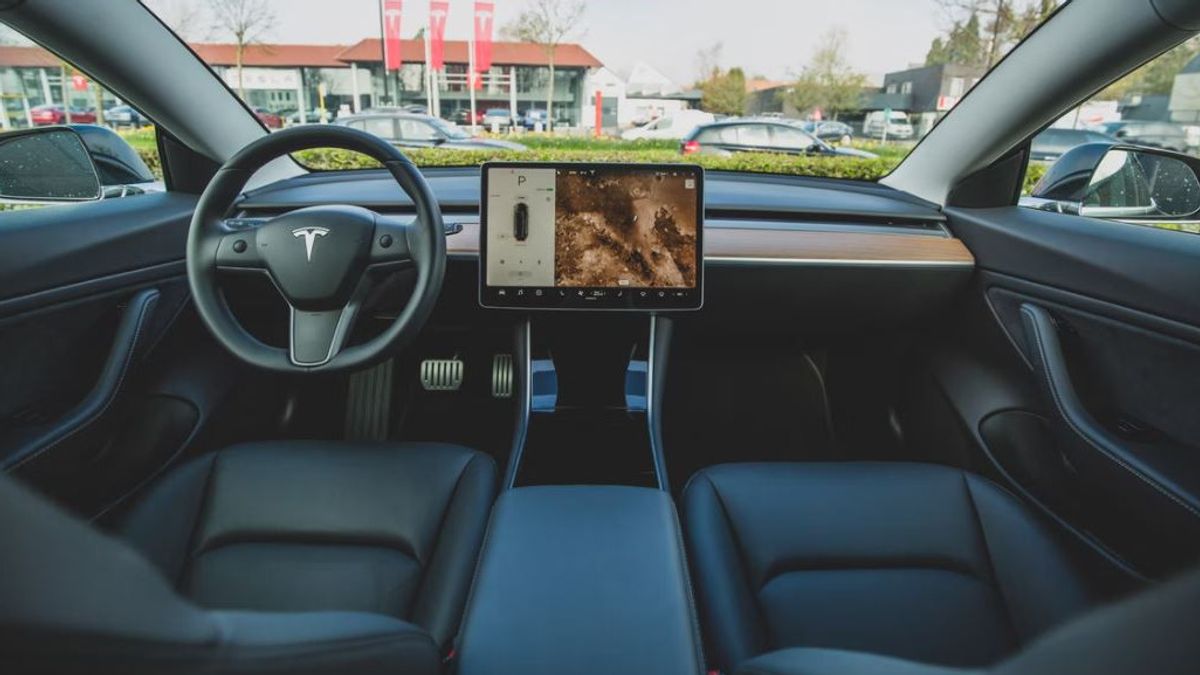JAKARTA - US Transportation Secretary Pete Buttigieg on Wednesday, March 16, announced that the federal policy on autonomous vehicles would see "significant" developments in the coming years.
He said the current policy framework had not fully followed technological developments.
Speaking at the South by Southwest (SXSW) music, technology and film festival, Buttigieg said regulations should set limits for self-driving without stifling innovation in an industry that is "largely still in its infancy."
"It's okay to let the experiment continue and unless we start to see a real escalation of some of the security issues," Buttigieg said. He added that the limit on the number of vehicles each company tested could serve as a "speed stop."
"I think we're going to see really meaningful developments here in the 2020s," Buttigieg said.
Congressional efforts to regulate self-driving cars have stalled for several years. But US regulators last week removed the requirement for automakers to equip fully autonomous vehicles with driving controls such as the steering wheel and brake pedal.
Tesla Inc has released pilot software for what it calls its "Fully Self-driving" system to tens of thousands of Tesla owners for use on public roads across the United States.
The system has faced scrutiny from US regulators for a number of fatal accidents and traffic law violations. Other automakers have been more cautious in a field of nebulous regulations.
Mercedes-Benz AG's Chief Technology Officer, Markus Schaefer, told Reuters on Tuesday that the automaker "absolutely" wanted a regulatory framework to protect the company before releasing a hands-free semi-autonomous driving system in the United States to compete with Autopilot Cars. Tesla.
Buttigieg on Wednesday also said he wanted to improve the US public transit system and encourage Americans to buy electric vehicles through government tax incentives to reduce emissions.
US national transit use remains about 40% below pre-pandemic levels, according to data from mobility app Transit.
Efforts by the White House to increase the EV tax credit by $7,500 to $12,500 for U.S. vehicles made by unionized automakers are currently stalled in Congress.
The English, Chinese, Japanese, Arabic, and French versions are automatically generated by the AI. So there may still be inaccuracies in translating, please always see Indonesian as our main language. (system supported by DigitalSiber.id)









